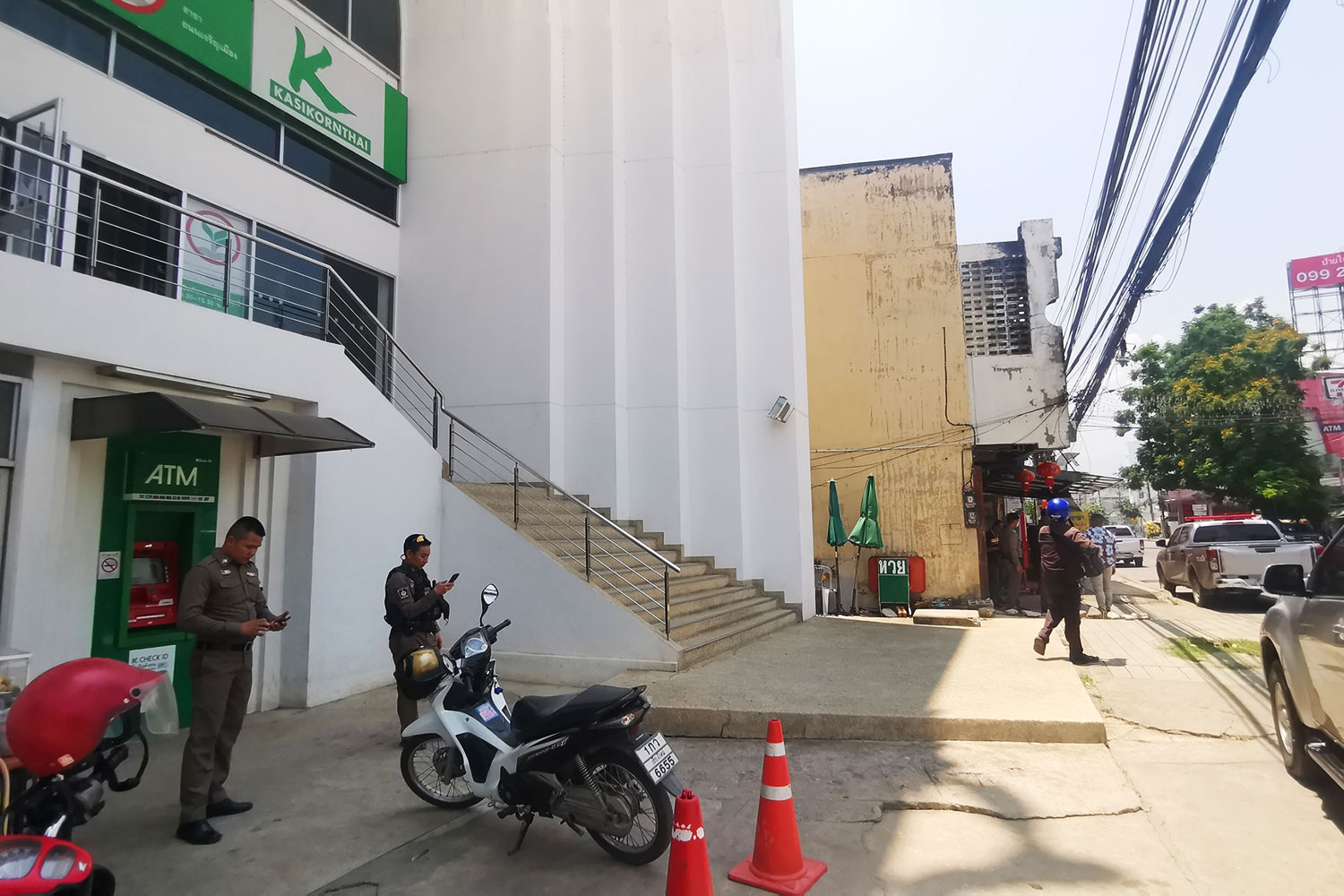Thailand’s Rice Production Challenges
Thailand has long been recognized as a significant player in the global rice market, yet recent reports indicate that its rice yields are considerably lower than those of other leading rice-producing nations. This disparity raises concerns about the sustainability and competitiveness of Thailand’s rice industry.
Current Rice Yield Statistics
Comparative Yield Analysis
As of 2023, Thailand’s rice yield averaged approximately 317 kilograms per rai, which translates to about 2.81 tons per hectare. In contrast, neighboring countries like Vietnam achieve yields ranging from 800 to 1,000 kilograms per rai (approximately 3.6 to 4.5 tons per hectare). This stark difference highlights the challenges faced by Thai rice farmers in maximizing their production.Key Statistics:
- Thailand ranks 6th globally in total rice yield but falls behind countries such as China, India, and Indonesia, which dominate the market.
- The average yield in Thailand has remained relatively flat over the past decade, primarily due to a reliance on traditional farming methods and insufficient technological advancements.
Factors Contributing to Low Yields
Environmental and Agricultural Practices
Several factors contribute to the lower rice yields in Thailand compared to its competitors. These include environmental challenges, outdated agricultural practices, and a lack of investment in modern farming technologies.Major Influences:
- Dependence on Rainfed Agriculture: A significant portion of Thai rice cultivation relies on seasonal rainfall, making it vulnerable to droughts and unpredictable weather patterns.
- Traditional Varieties: Many farmers prefer cultivating high-quality, low-yielding traditional rice varieties that fetch higher prices but do not maximize overall production.
Government Initiatives for Improvement
Strategies to Enhance Rice Production
In response to these challenges, the Thai government has proposed several initiatives aimed at increasing rice yields and enhancing the competitiveness of the sector.Proposed Measures:
- Investment in research and development focused on improving seed varieties and farming techniques.
- Promotion of sustainable agricultural practices that reduce water dependency and increase resilience against climate change.
The Economic Impact of Low Rice Yields
Implications for Farmers and Exports
The lower-than-expected rice yields have significant economic implications for Thai farmers and the overall agricultural sector. With rice being a staple food and a key export product, any decline in productivity can affect livelihoods and national income.Economic Consequences:
- Thailand’s position as one of the top exporters of rice is threatened by increased competition from countries like India and Vietnam, which offer lower production costs.
- In 2023, Thailand recorded a trade surplus of $1.37 billion, but ongoing challenges may jeopardize future export opportunities.
Future Outlook for Thai Rice Production
Potential for Growth and Adaptation
Despite the current challenges, there is potential for growth in Thailand’s rice production through strategic investments and policy reforms. By focusing on modernizing agricultural practices and enhancing technological adoption, Thailand can improve its yield rates.Optimistic Projections:
- The government aims to increase land dedicated to rice cultivation while also exploring alternative crops that require less water.
- Continued collaboration with international partners can provide valuable insights into best practices for improving yields.
Addressing the Yield Gap
While Thailand remains a key player in the global rice market, its yields are significantly lower than those of other countries. Addressing this yield gap is crucial for ensuring the sustainability of the industry and supporting the livelihoods of millions of farmers. By investing in modern agricultural practices and adapting to environmental challenges, Thailand can enhance its competitiveness in the global rice market.








